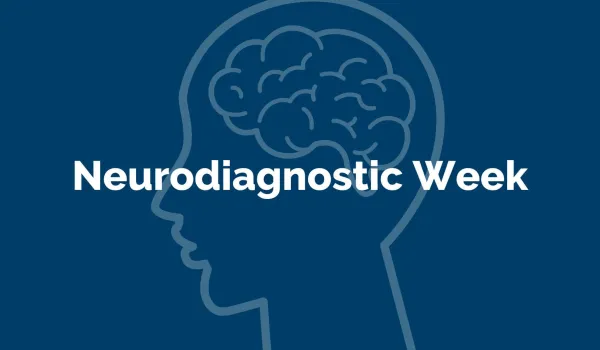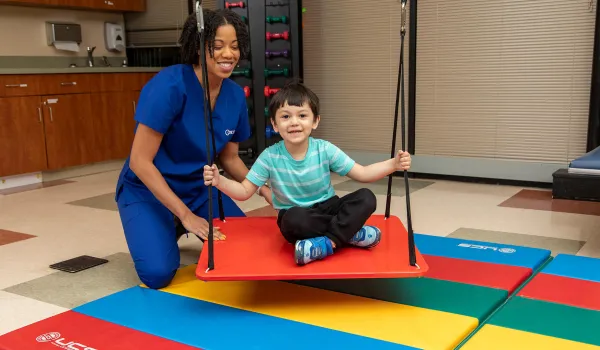Concorde Staff

As the year winds down, it seems an appropriate time to look back upon the year that was. Here at Concorde blog central, that means taking a look back at what were the most clicked-on and viewed blogs of the year. They focused on several of Concorde's programs and health care degrees. They ranged from posts focusing on one or two health care degrees and what distinguishes them, to how-to tools in how to navigate those programs successfully.
There were serious blogs focusing on our most popular and successful health care degrees. And, there were those that were more fun and frivolous, such as "Health Care Careers That Deal in Gore," our Halloween blog. They covered a wide variety of topics and material.
Hopefully, they entertained and informed readers about the health care degrees Concorde has to offer. Whether they did or didn't, we promise to strive to make create even more informative and more entertaining blog content in the near future.
Happy New Year!!
Here were the top 5 blogs of what we have written so far. The first 1-2 paragraphs of each blog will be included under the title, followed by a link to the entire post.
No. 1: Difference Between Occupational and Physical Therapy Assistant
If you're interested in obtaining a health care degree that will allow you to work closely with patients, consider becoming an occupational therapist assistant (OTA) or physical therapist assistant (PTA).
These family-friendly occupations often provide considerable flexibility in terms of workplace and hours. The educational period is relatively short compared to many health care careers. At Concorde Career College, we open the door to both of these career possibilities for you.
/blog/how-does-occupational-therapy-assistant-differ-physical-therapist-assistant
No. 2: Explore Concorde's Lamplighter Program
At Concorde Career College, our teaching philosophy and classroom model are much different than traditional four-year colleges. From day one, you're placed in a cohort that will quickly become your family as you move through your chosen program together.
Whether asked to perform a medical procedure on a classmate or getting out in the community, we realize that learning isn't confined to textbooks and lecture halls.
A unique opportunity to grow as a leader while you study is to join the Concorde Lamplighter Student Ambassador program. Each one of our 16 campuses has a Lamplighter group.
/blog/explore-concordes-lamplighter-program
No. 3: Using LinkedIn as a Nursing Student To Get Ahead
At Concorde, as with all our graduates, we want to make sure that our students pursuing a nursing degree program are successful in their job hunts. Building a professional presence on LinkedIn offers a great way to attract the attention of prospective employers.
After you become a registered nurse, you want to ensure that you have multiple opportunities, and LinkedIn can help.
/blog/using-linkedin-nursing-student-get-ahead
No. 4: What's the Benefit of LPN to RN Bridge Programs?
When you went to school for your licensed practical nurse (LPN) degree, you might have found the short program appealing because it enabled you to get to work right away.
However, many nurses quickly discover that becoming a registered nurse (RN) brings more career opportunities and the potential to earn more.
Exploring LPN to RN bridge programs is a great way to advance your career.
No. 5: Diplomas vs. Associate's Degrees
When it comes to browsing health care programs at Concorde Career College to find the one that's right for you, one of the factors that might work into your decision is whether, at the end of the program, you receive a diploma or an associate's degree.

Next Steps?
We have a Concorde representative ready to talk about what matters most to you. Get answers about start dates, curriculum, financial aid, scholarships and more!



